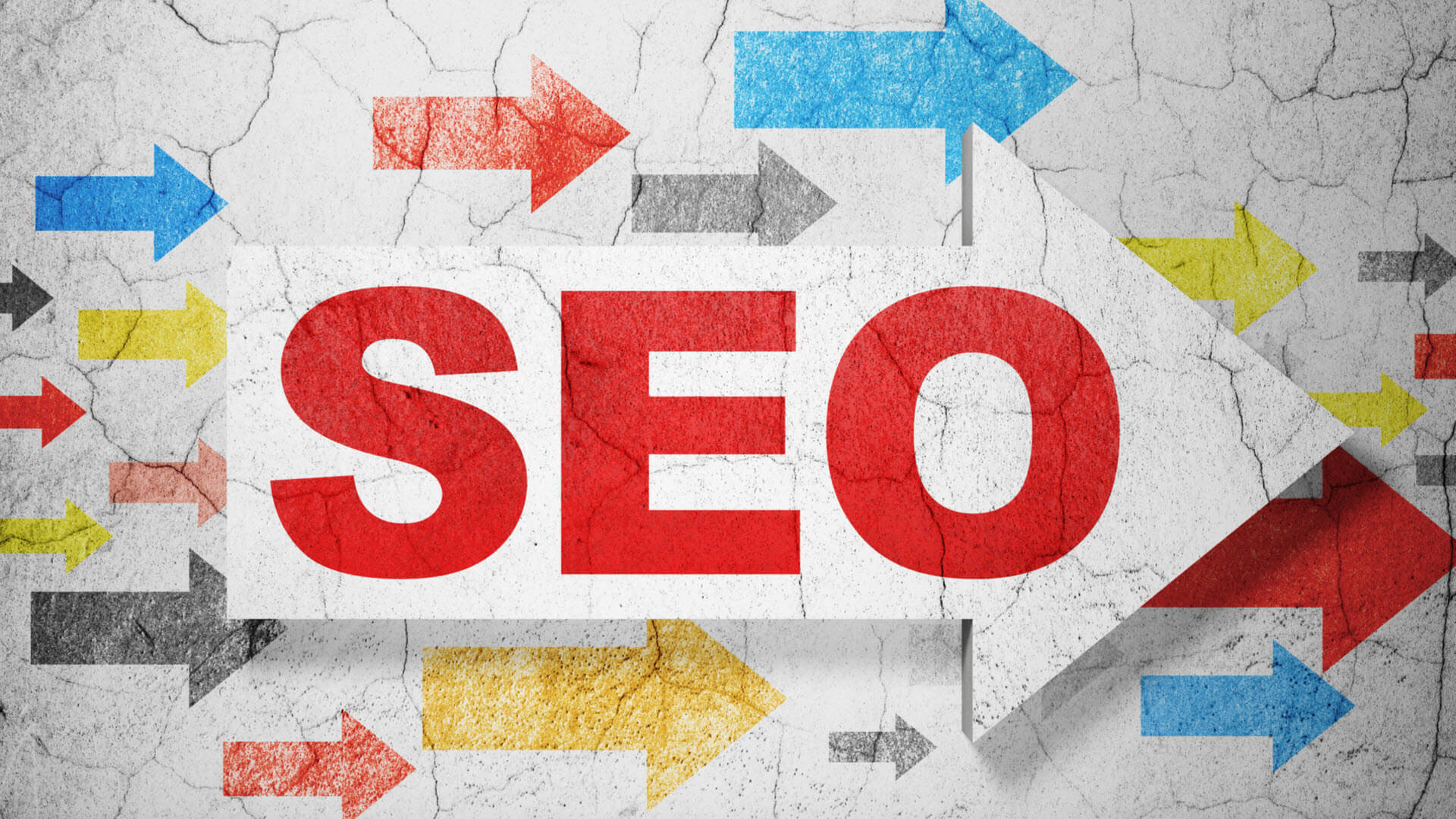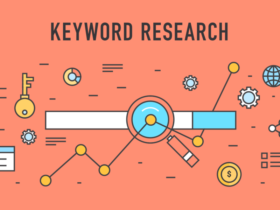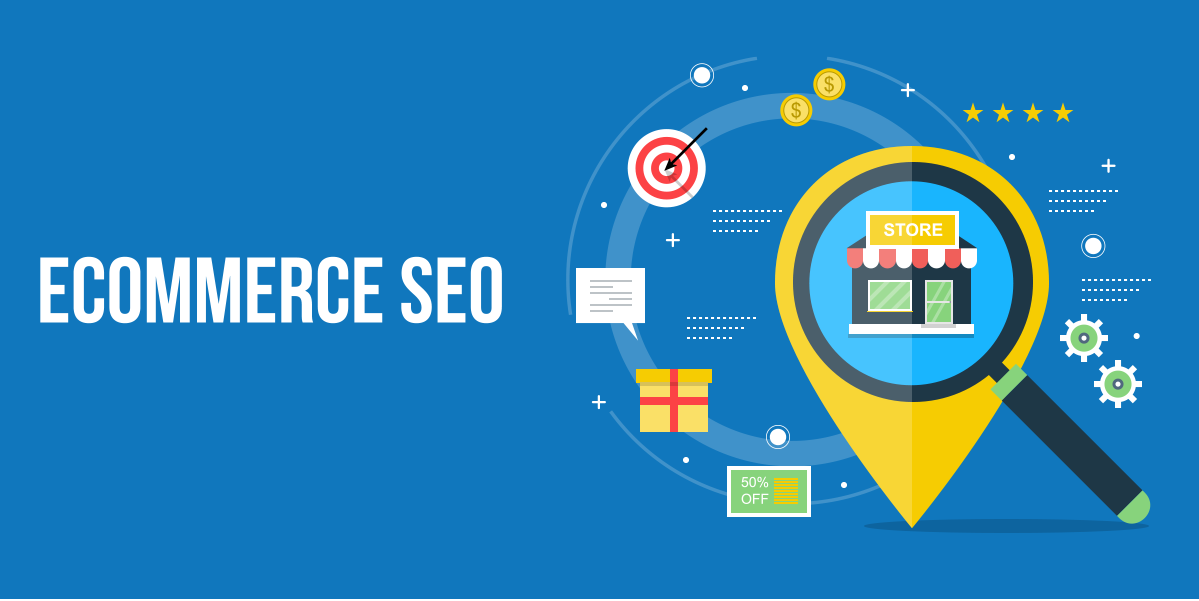Google attempts to understand the motive of a searcher’s question. The employer acknowledges the load of providing the best consequences, even if the problem is indistinct. For instance, if someone sorts in “Jaguar,” Google has to parent out what that searcher wishes. Is she looking for the NFL crew’s internet site? Or records on the automobile? Is she searching to buy a vintage Atari Jaguar game machine? This may seem like a non-possible challenge for mind-reading, but Google is trying to tackle it.

SEO without Keywords?
A conventional exercise of search engine optimization is to target keywords. But seek has matured. These days, pages can perform nicely in finding outcomes without many — or any — query keywords. In recent years, Google has incorporated complex search fashions into its algorithms to help recognize the motive and provide better effects for each person. Better results hold users loyal to Google; this means that other advertisements get clicked. Thus, Google will probably continue to improve its comprehension stage. To make sure, keywords are essential. However, search engine marketing in 2019 is higher than having favorite phrases in your reproduction. It requires reproduction that matches the question cause. You want both.
Google’s knowledge of query rationale leads to compelling search outcomes, especially in personalization. For example, I play the guitar. I love classic rock. Google seems to recognize this. When I ask, “What does Garcia play?” I’m served articles about the Grateful Dead’s Jerry Garcia, specializing in his guitars. But if I perform the quest with a hidden tab, the question pulls up results for Kirsten Vangsness, the actress who performs Penelope Garcia in the TV display “Criminal Minds.” So, Google knew Jerry Garcia was a part of my universe. And it knew he performed guitar. Additionally, I knew I wasn’t in a purchasing kingdom of thoughts — I began seeking statistics.
E-commerce
Google’s attempt to understand the rationale affects e-commerce SEO. We ought to target terms that include “vitamins,” understanding stores would dominate the effects in the old days. But it’s one of a kind nowadays. Examining the impact of “vitamins” suggests that Google ranks individual pages — a combination of retailers and non-stores — relying on the target market. Google’s understanding of the intent of this keyword query has been modified. In different phrases, e-commerce traders should remember the question’s intent in search engine marketing techniques.
We should also understand that e-commerce funnels have increased in recent years due to savvier clients. Google’s Zero Moment of Truth concept shows shoppers discovering more than they used to. This increases the extent of lengthy-tail queries—along with “nice vitamins for memory”—that are more descriptive, less searched, but with a higher chance of conversion.
Once you understand the kind of records your consumers search for earlier than they purchase, you can plan campaigns. If my prospect tends to visit five exceptional net pages for facts before creating a purchase, I don’t need to be merely the last go-to. I need to be a few of those previous visits. I want my logo to be inside the searcher’s mind during his adventure. It’s conventional advertising and could, in all likelihood, increase conversions. Moreover, I cannot count on Google to robotically serve my e-commerce pages. I ought to review the effects of the quest to verify and look for opportunities. Many e-commerce sites don’t take advantage of informational replicas, and those shops are at a significant disadvantage.











